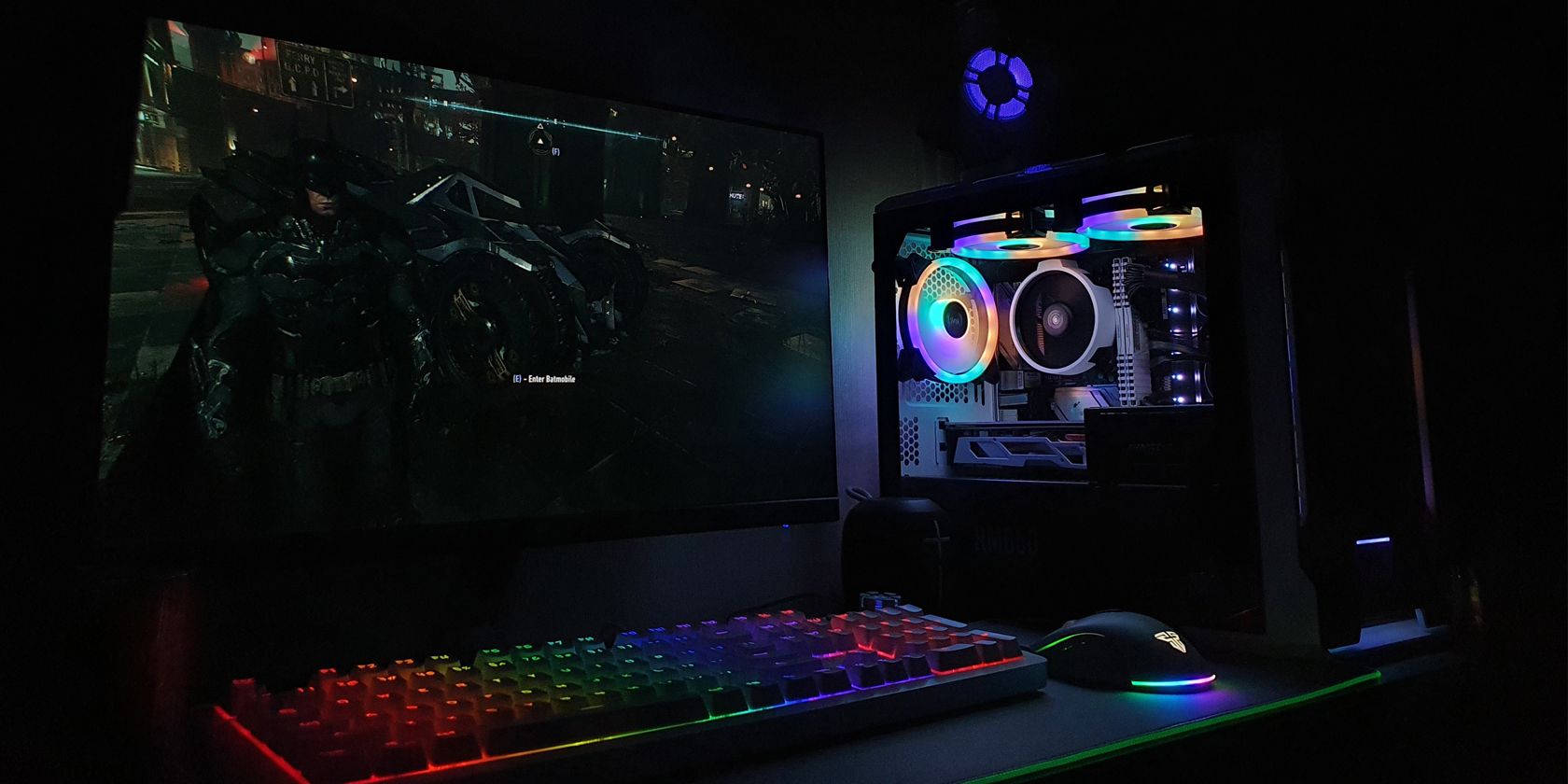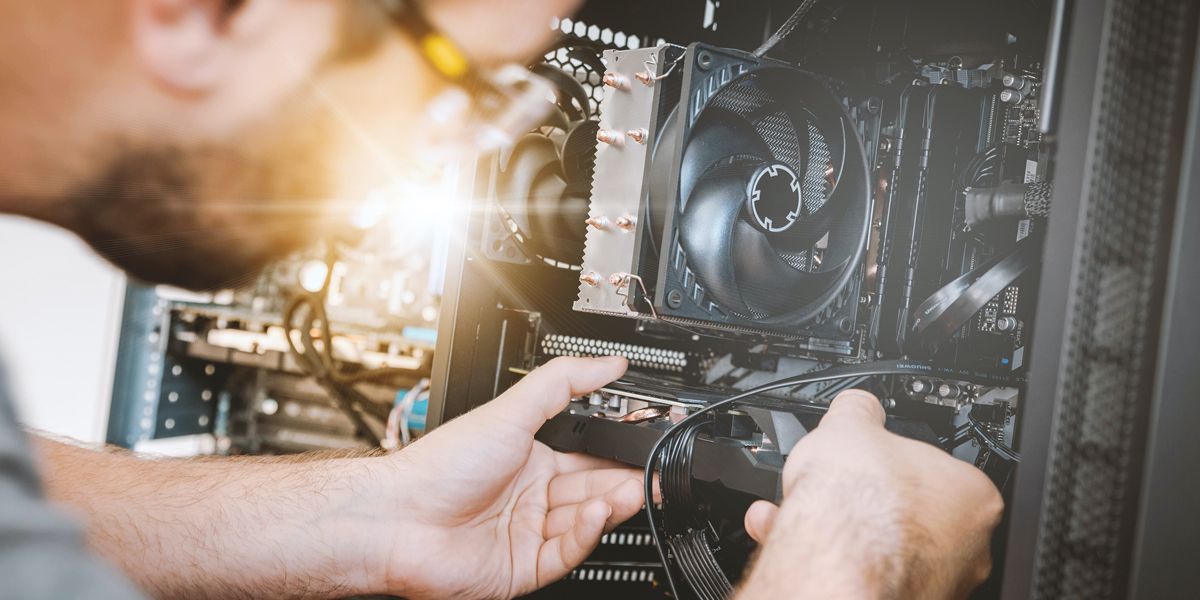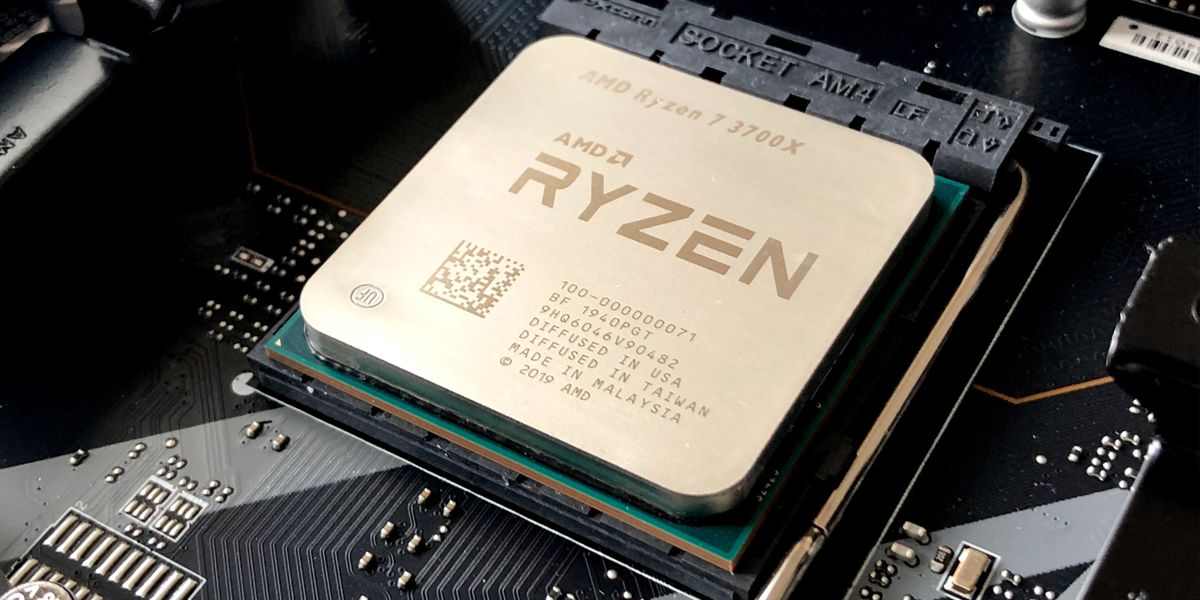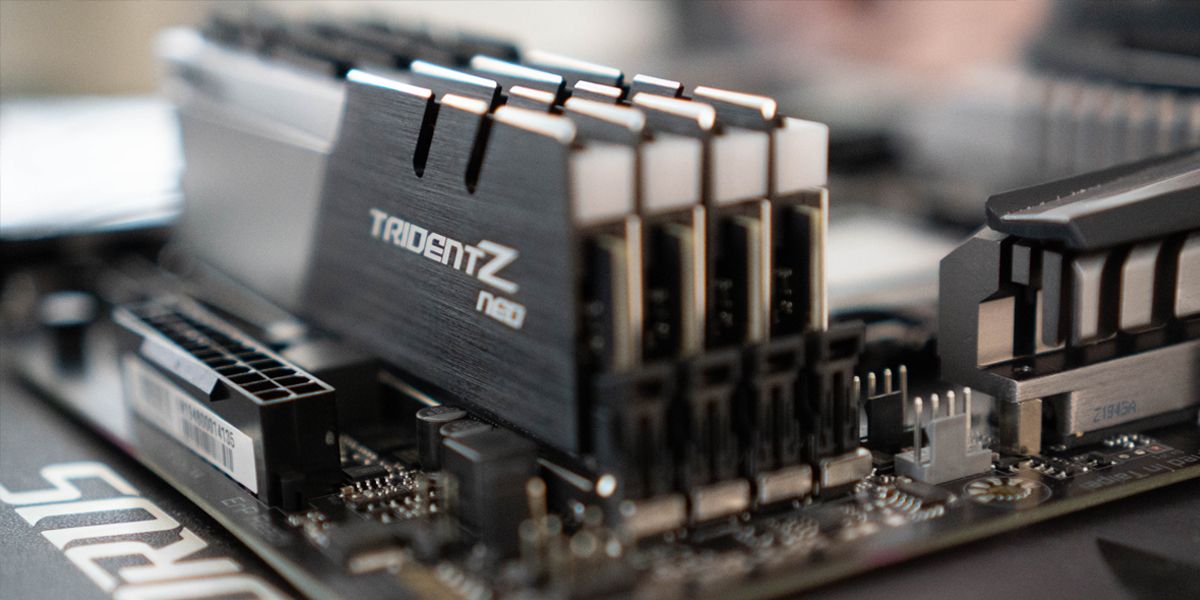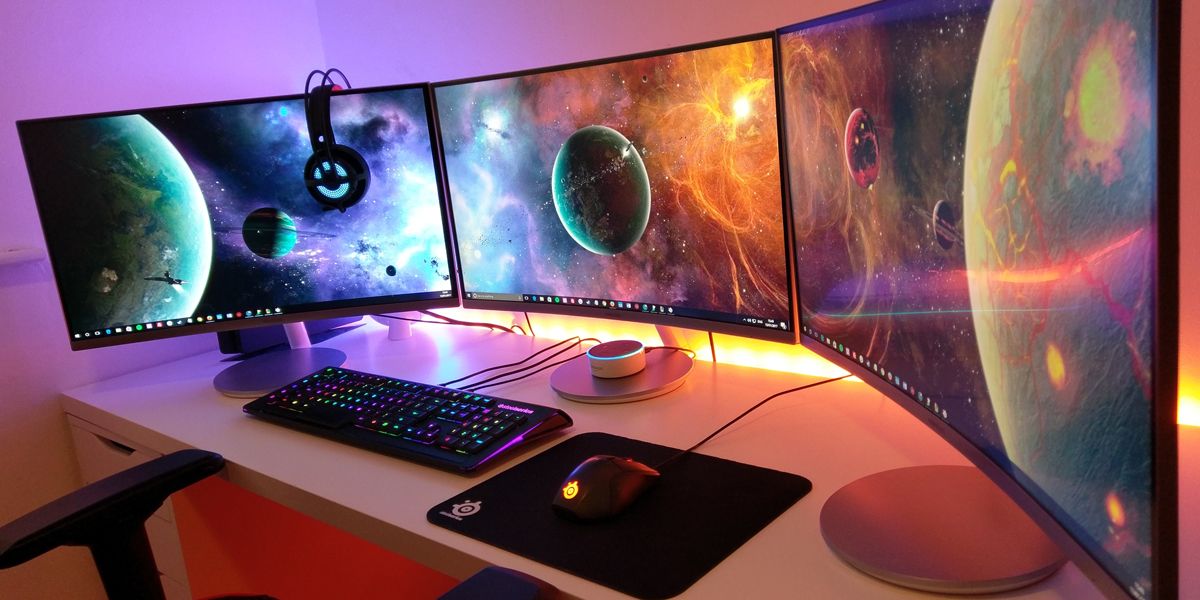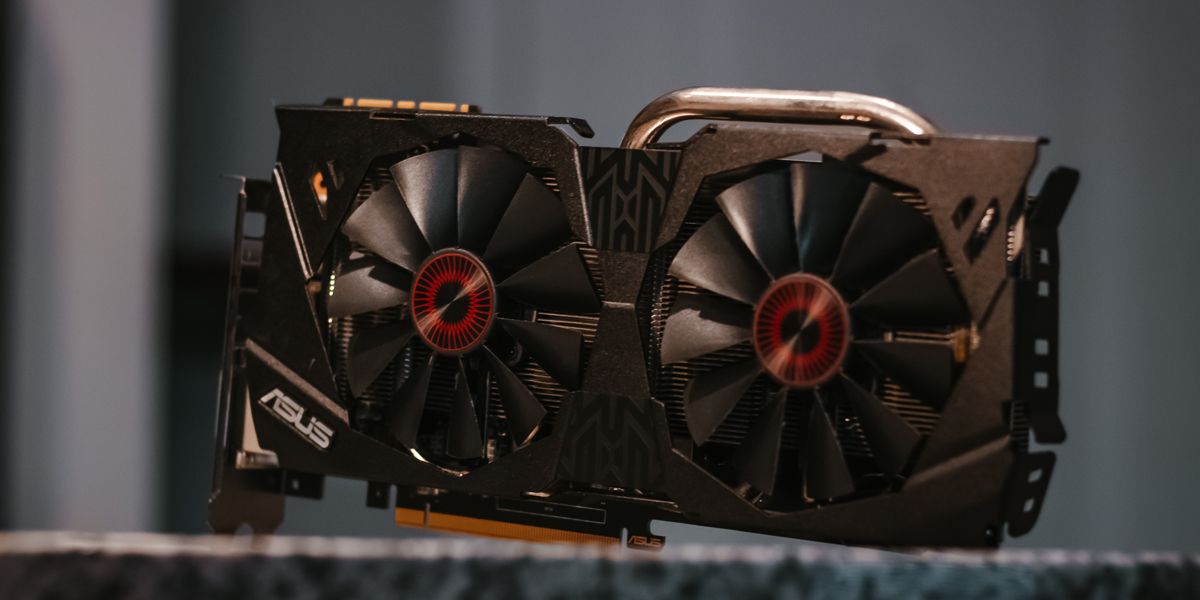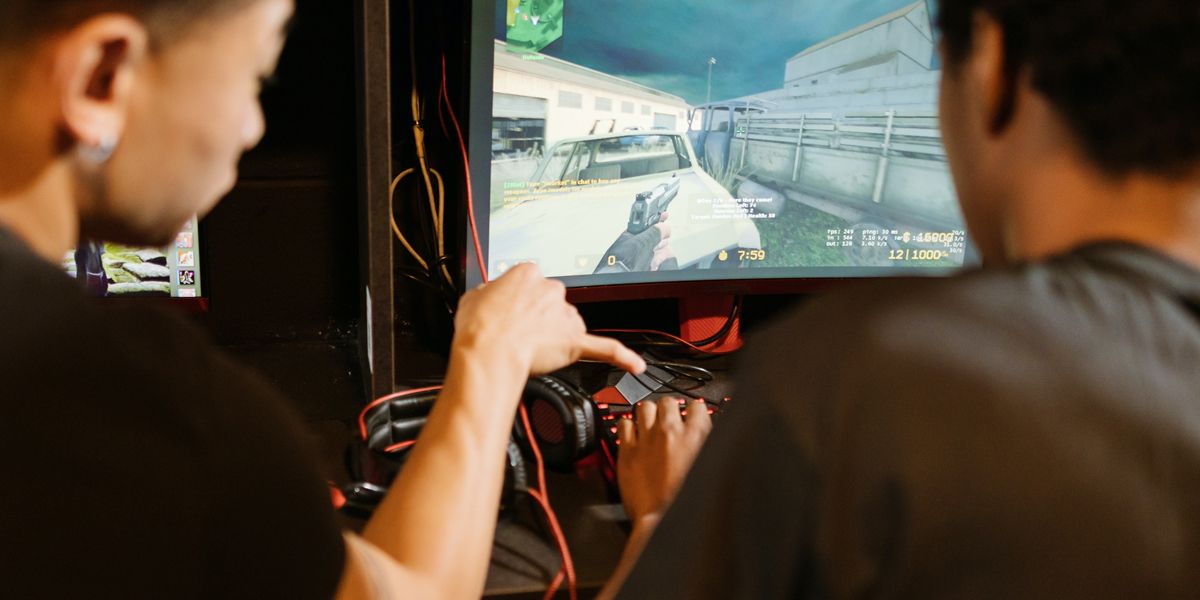From the original DOOM to the rise of Steam, PC gaming has certainly come a long way. While the community has been around for decades, people unfamiliar with the platform frequently share some common misconceptions. Fortunately, most of these are based on misinformation or outdated beliefs.
Today, we'll debunk seven common myths around PC gaming, most centered around performance. From misconceptions about expensive hardware to believing there are no platform exclusives, let's set the record straight and learn the truth.
1. You Need a High-End PC to Enjoy Gaming
With terribly broken Triple-A games such as Cyberpunk 2077 and Fallout 76, this is an all too common misconception. While it is true that having a powerful computer with top-of-the-line components can enhance your gaming experience, it is certainly not a requirement to enjoy PC gaming.
These days, most modern titles will work fine, even on entry-level or mid-range hardware. Sure, if you want to see how ray tracing works or play games at 4K, you'll need a high-end setup. However, there's plenty of enjoyment to be had on a budget. You can play hundreds of indie games, emulate older consoles, or esports titles such as Valorant or Overwatch.
2. More Cores Are Always Better
Having a CPU with a higher core count is generally a good idea. Tasks such as rendering or running a Virtual Machine benefit from having access to more cores, as your computer can run multiple processes simultaneously. However, the case is different for games.
Modern processors usually have six to 10 cores. Most older games rely on a processor's single-core performance, but newer titles need at least two to six processor cores. But even so, processors from 2013 already had four to eight cores, allowing you to run most games.
Learning about the differences between core count and clock speed when buying a CPU is a good idea. But generally speaking, higher clock speeds are more important for gaming.
3. More RAM = More Performance
If you're a video editor, a CAD designer, or a music producer, you want as much RAM as you can afford. For gaming, it's an entirely different story. The answer is highly situational if you're trying to figure out how much RAM you need for gaming. While more RAM makes your PC faster on paper, it won't always translate to a boost in frame rates.
For example, if a certain game only uses 10GB RAM, then having 64GB in your rig is a waste of money. While games are constantly getting more demanding with each release, you'll still be OK with 16GB RAM for the next few years. If you only play casual games or indie titles that are not as demanding, you might even be fine with 8GB RAM.
4. High Refresh Rate Gaming Is a Gimmick
Until recently, console games were either capped at 30 or 60 FPS. With the launch of the PS5 and Xbox Series X, select titles now finally have support for higher refresh rates. You can now play certain games, such as God of War: Ragnarok, at 120Hz. Of course, PCs have supported high refresh-rate gaming for a long time.
This is an interesting development, as some console gamers used to argue that high refresh rate gaming is a gimmick. If you play competitive shooters, you know that playing a game like CS: GO at 144Hz gives you that competitive edge. So, despite what anyone may tell you, a monitor's refresh rate matters.
5. There Are No Exclusives on PC
Both Sony and Microsoft have a good number of exclusive titles for their respective consoles. Exclusive games help boost console sales, and most console gamers are quite passionate about them. The culture is slightly different for PC gamers, as they just like to play anything their builds can run. However, saying that there are no exclusives on PC is entirely false.
Games like Valorant, CS: GO, Escape from Tarkov, and Half-Life: Alyx are popular exclusive PC titles. Furthermore, the PC is home to the modding community for thousands of games. Games such as Skyrim or Fallout 4 would not be as successful without those communities. On top of that, there are a lot of fan-made games on sites like Itch.io that you can't play anywhere else.
6. Overclocking Is Always Important
A lot of PC gamers tend to believe that overclocking is always necessary. Most of the time, it's a free upgrade for performance, but there are certain risks. For example, while you can safely overclock your GPU, there is a chance that it will cause issues with stability. On top of that, overclocking modern hardware won't always give you the boost you're looking for.
If you're happy with your PC's performance, there's no need to overclock. On the other hand, if you feel you can safely do so and get some extra performance, that's up to you. We're just saying that overclocking is not always mandatory, while many gamers think the opposite.
7. PC Gaming is More Expensive
This is one of the more reasonable arguments in the endless debate between console and PC gamers. Currently, the PS5 and Xbox Series X deliver high-end PC-like performance, and they only cost $500. However, this is always the case with new console launches. The story is always different when PC hardware catches up and comes down in pricing.
There's also the argument that you can do more on a PC. Apart from playing games, you can treat your gaming PC as a workstation. Also, while a PC may be more expensive, games are cheaper due to more frequent sales, you don't have to pay to play online, and there is room for better customization.
So, while a PC may be more expensive in some cases, you might find it a better value than a console. The cherry on top is that you can emulate many older consoles with the right programs, which adds even more value to a PC.
Ignore These PC Gaming Myths and Game On!
PC gamers tend to worry about the little details a bit more than the average person. As a gamer, you should stop worrying about overclocking, upgrading, and frame rates all the time. Sure, all of that is important, but you can easily get caught up in the wrong arguments, some of which we discussed in this post.
However, there's one thing we can all agree on—desktop gaming PCs are always better than gaming laptops. Most gaming laptops have poor battery life, tend to run hot, and are more expensive than their desktop counterparts. While you might want to buy one for portability, you should know the setbacks.

